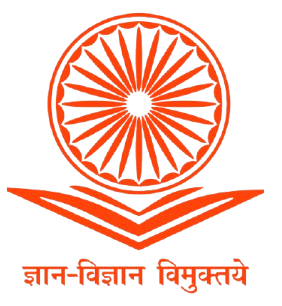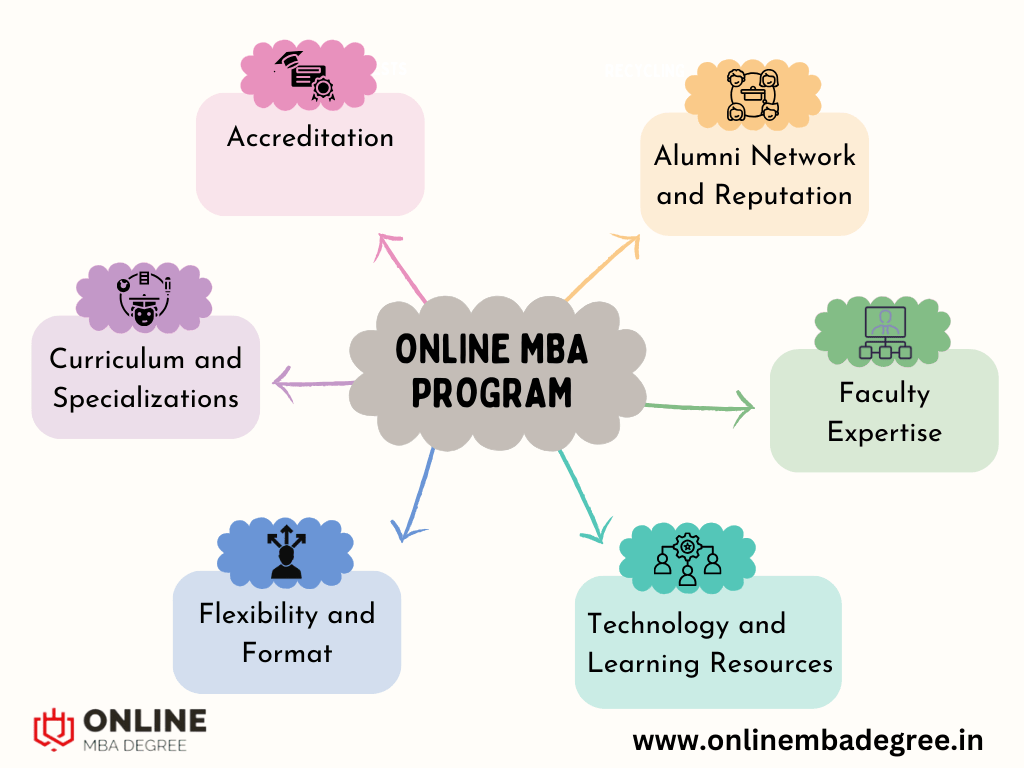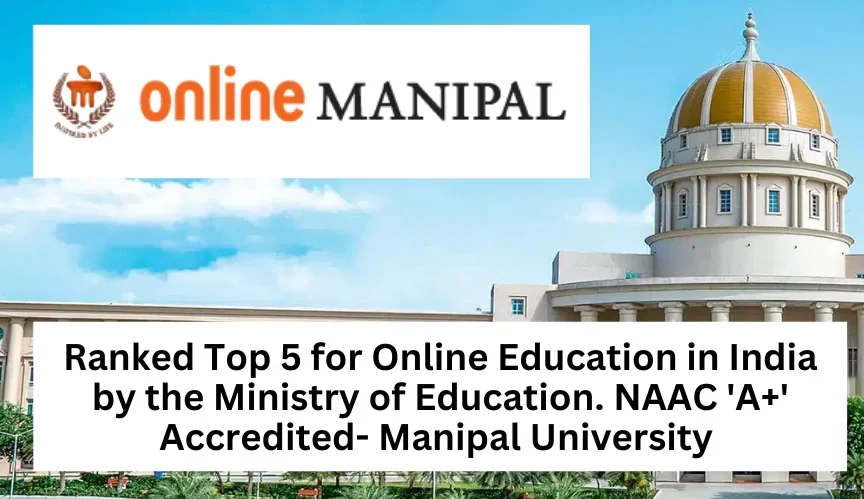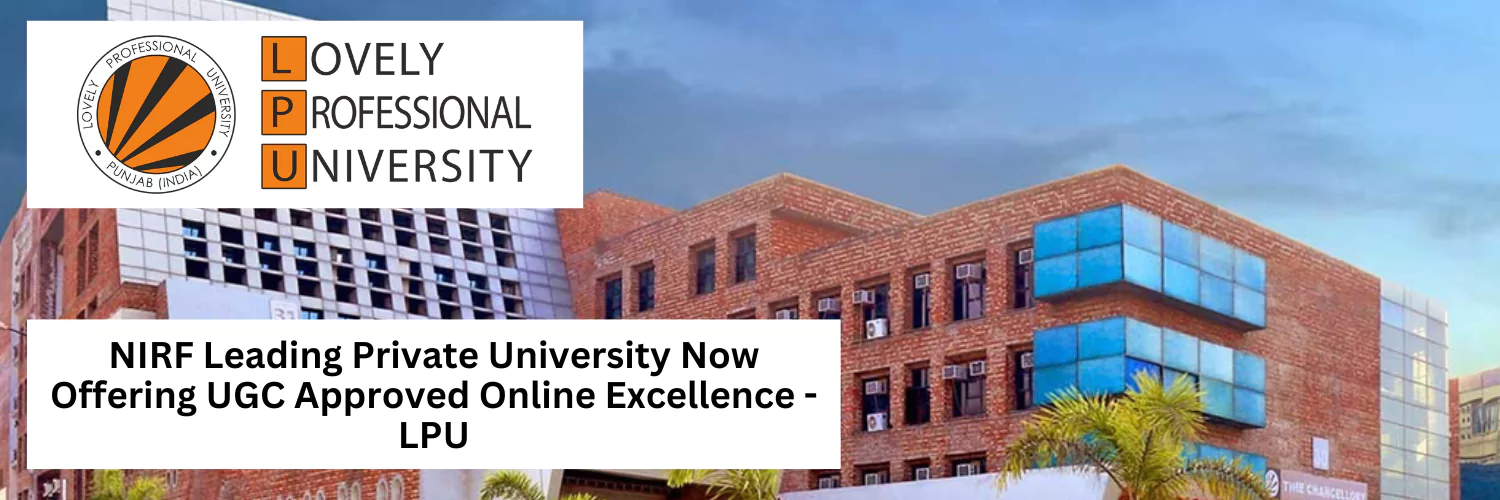UGC Announces Admissions in Two Academic Session 1st Batch(July/August) . 2nd Batch (January/February)
Get an Online MBA Degree by NAAC A++ Accredited Universities
Globally Recognised Universities
As per Govt. Online MBA Degree are Now Equivalent to Regular Degrees
Hurry Up! Admission Closing Soon. Only Few Seats Left. Enroll Now!
ODL & Online MBA Programs are Equivalent to Regular (Campus) Programs - To know more
UGC Announces Admissions in Two Academic Session 1st Batch(July/August) . 2nd Batch (January/February)
Get an Online MBA Degree by NAAC A++ Accredited Universities
Globally Recognised Universities
As per Govt. Online MBA Degree are Now Equivalent to Regular Degrees
Hurry Up! Admission Closing Soon. Only Few Seats Left. Enroll Now!
ODL & Online MBA Programs are Equivalent to Regular (Campus) Programs - To know more

Don’t be Fooled: A Student’s Guide to Identifying Fake Universities in India
Fake Universities in India: Aspiring students and learning individuals across India desire or wish to pursue higher education or different qualifications at respected and reputed universities and colleges to establish a strong career. However, with the rise of the large number of educational institutions and colleges, both legal and illegal, it has become vital for learners and students to be very careful before selecting or choosing a particular university or college.
In this article, we will see how not to fall prey to fraudulent institutions or colleges that execute and operate without getting caught in India.
Checklist to Identify Fake Universities In India
Accreditation and Recognition: This is one of the most important checks for the students and learning individuals to take in consideration before selecting or choosing a university or college. All the legal colleges or universities in India are usually recognized by the University Grants Commission (UGC), All India Council for Technical Education (AICTE), and other prominent accreditation bodies. Do not forget to make sure to check the official websites to confirm that the colleges or universities are recognized by such authority bodies.
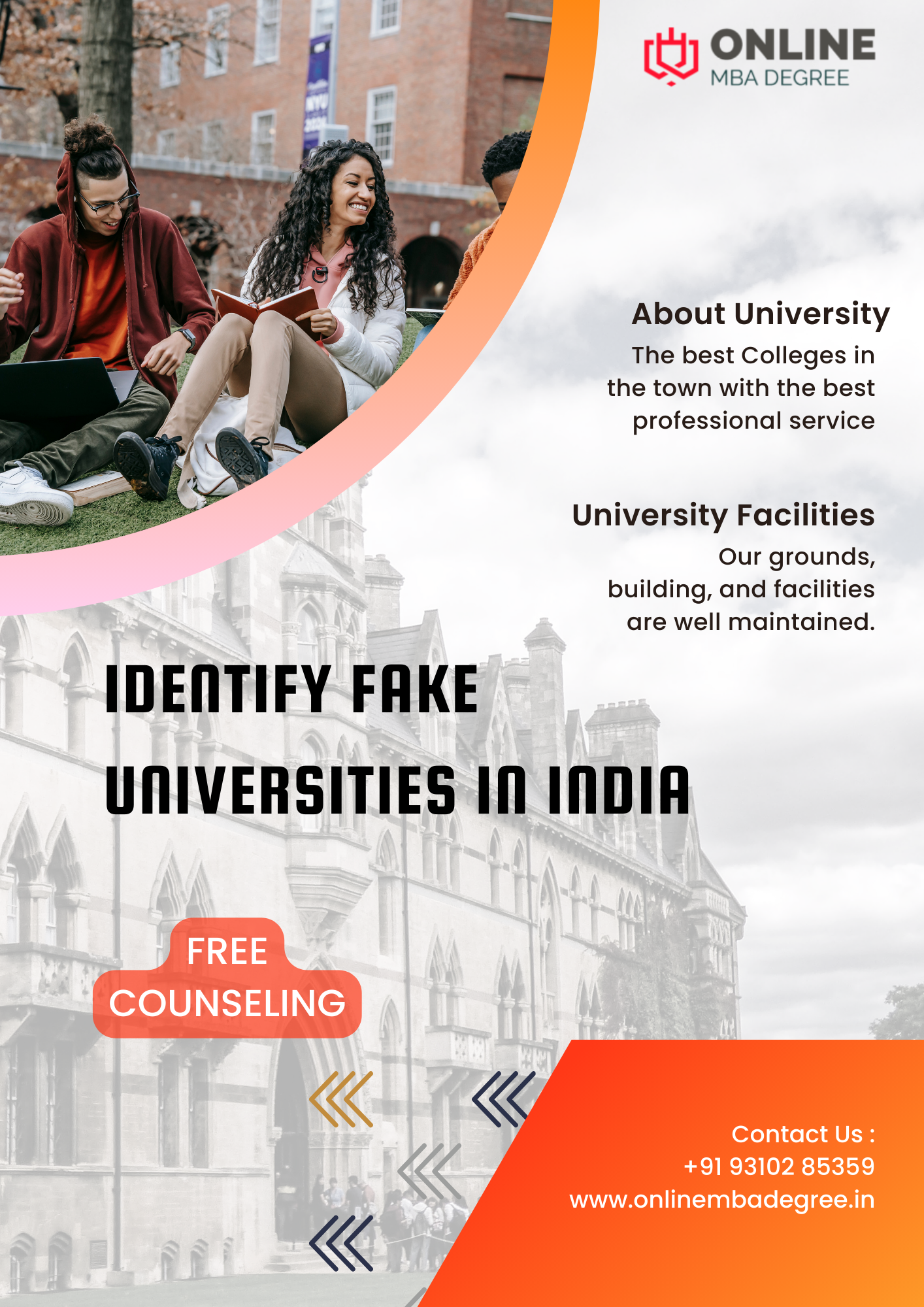
Physical Presence and Infrastructure: There are some fake universities in India or colleges that portray fake infrastructure features to attract students and learners. Make sure that the college or university which you are thinking of opting for has well-maintained facilities, classrooms, libraries, administrative offices, etc. This is very common in institutions and colleges that have begun recently where they show details which are false.
Faculty Credentials and Qualifications: Always check the true qualifications and credentials of all the faculty team before taking admission. Many fake universities employ faculty members which do not possess true credentials and qualifications; beware of such colleges and institutions. The quality of teachers matters because if the teachers are not truly qualified to teach, the students and learning individuals will be learning nothing in their courses.
Official Website and Contact Information: Always verify the colleges’ official website and contact information to be well-informed of all the details. Be cautious when you see websites that have fewer essential data and information. There are many colleges and universities who steal the exact design of other prominent college’s websites and show them in their own websites.
Admission Process and Documentation: Check if the admission procedures are like regular colleges or not. They must be transparent in terms of the procedure. Also, the cost involved should not be unusually high compared to other universities. Legal colleges and universities do not charge a large sum of fees just because of high-quality infrastructure, etc.
Reviews and Feedback: This is something which can be done easily and should not be ignored in the first place. See all the reviews and feedback of a college or university before applying for admission. The students and learning individuals will get an idea of the people’s opinion on that particular college or university.
Affiliation and Collaboration: Check the college’s affiliation and collaboration with other respected colleges and universities, both nationally and internationally.
Financial Aid and Scholarships: Always be careful with universities or colleges that guarantee scholarships and financial help only when a payment is done. Legitimate universities and colleges always present the scholarships and financial aid transparently to help students and learning individuals who are financially weak to afford high-quality education.

Government Recognition and Approval: Verify the recognition of the college or university done by the government authorities responsible for higher education programs in India. Legal colleges and universities are normally recognized by the Ministry of Education, state governments, and other relevant regulatory bodies.
Legal Compliance and Transparency: Make sure that the college or university operates with legal rules and regulations and maintains transparency. Colleges and universities which are legitimate always adhere to regulatory guidelines, ethical standards, and transparency rules and terms in their academic, administrative, and financial operations.
Conclusion
The educational sector has seen a really good growth in the country in the past few years. The learning individuals and students can now opt for a large number of universities or colleges to establish their career journey.
As much as the good of this growth is portrayed, there is also a bad side hidden underneath. Scammers are that bad side who fool students and learning individuals by creating a fake college or institution.
Therefore, it is very important for learning individuals and students to be aware and careful while choosing or selecting a university or college.
There are many colleges and universities that operate without following the rules and regulations set by the authority bodies of the government. These are those fake universities and colleges which set up scams to fool students and learning individuals by taking large amounts of money.
They will portray fake details of the institution to attract a large number of students and learning individuals. Please check all these details before taking admission in any college or university.
GET FREE COUNSELING


